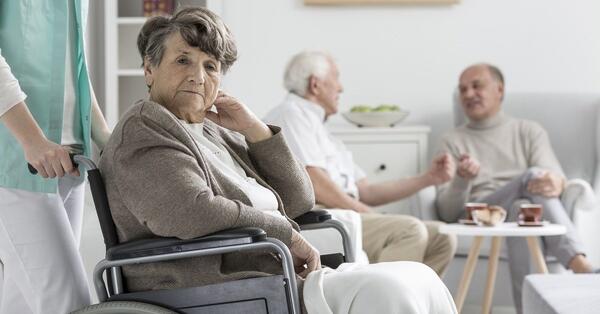
Nursing Home Abuse Vs. Medical Malpractice
In the realm of healthcare, trust and integrity are paramount. Patients, particularly the elderly residing in nursing homes, place their well-being in the hands of healthcare professionals with the expectation of receiving compassionate care. However, the unfortunate reality is that instances of neglect, abuse, and malpractice can occur, raising questions about accountability and legal recourse. Central to this discussion is the distinction between nursing home abuse and medical malpractice, two concepts often conflated but fundamentally different in nature.
Understanding Nursing Home Abuse
Nursing home abuse encompasses a broad spectrum of mistreatment, ranging from physical, emotional, sexual, and financial exploitation to neglect. Elderly residents, often vulnerable due to physical or cognitive impairments, may become victims of abuse at the hands of caregivers or staff members entrusted with their care. Examples of nursing home abuse include inadequate nutrition or hydration, improper medication administration, physical assaults, verbal harassment, and financial exploitation. These actions constitute violations of residents' rights and can lead to serious physical and psychological harm.
Exploring Medical Malpractice
As described by the Lexington medical malpractice attorneys from Gary C. Johnson, medical malpractice involves negligence or errors committed by healthcare professionals in the course of providing medical treatment. This can occur in various settings, including hospitals, clinics, and private practices. Medical malpractice encompasses a wide range of incidents, such as misdiagnosis, surgical errors, medication mistakes, birth injuries, and failure to obtain informed consent. Unlike nursing home abuse, which may involve intentional harm or neglect, medical malpractice typically results from substandard medical care, incompetence, or deviations from accepted standards of practice.
Intersections and Overlaps
While nursing home abuse and medical malpractice are distinct concepts, they can intersect in cases where elderly residents receive substandard care or experience harm due to medical errors within a nursing home setting. For example, a resident may suffer injuries from a fall due to inadequate supervision, or they may develop pressure ulcers due to improper wound care. In such instances, determining whether the harm resulted from nursing home abuse, medical malpractice, or a combination of both requires careful evaluation of the circumstances and evidence.
Legal Remedies and Recourse
Legal remedies for nursing home abuse and medical malpractice differ based on the nature of the wrongdoing and applicable laws. Victims of nursing home abuse or their families may pursue civil litigation against the facility and responsible individuals to seek compensation for damages, including medical expenses, pain and suffering, and punitive damages. Additionally, regulatory agencies such as state health departments and adult protective services may investigate allegations of nursing home abuse and impose sanctions or license revocations against non-compliant facilities.
Pressing Charges
With instances of medical malpractice, injured patients must establish that the healthcare provider breached the standard of care owed to them, resulting in harm. This often involves obtaining expert testimony to demonstrate how the provider's actions deviated from accepted medical practices and directly caused the patient's injuries. Depending on the jurisdiction, medical malpractice claims may be subject to statutory limitations, requiring adherence to specific procedural requirements and caps on damages.
Despite the legal distinctions between nursing home abuse and medical malpractice, addressing both issues requires proactive measures to safeguard the well-being of vulnerable populations and hold wrongdoers accountable. Healthcare facilities must prioritize patient safety through rigorous staff training, adherence to regulations, and robust quality assurance mechanisms. Moreover, empowering residents and their families with information about their rights and avenues for recourse can help prevent and address instances of abuse and negligence. Overall, by fostering transparency, accountability, and a culture of compassion, we can strive towards a healthcare environment where patient safety and dignity are upheld at all times.